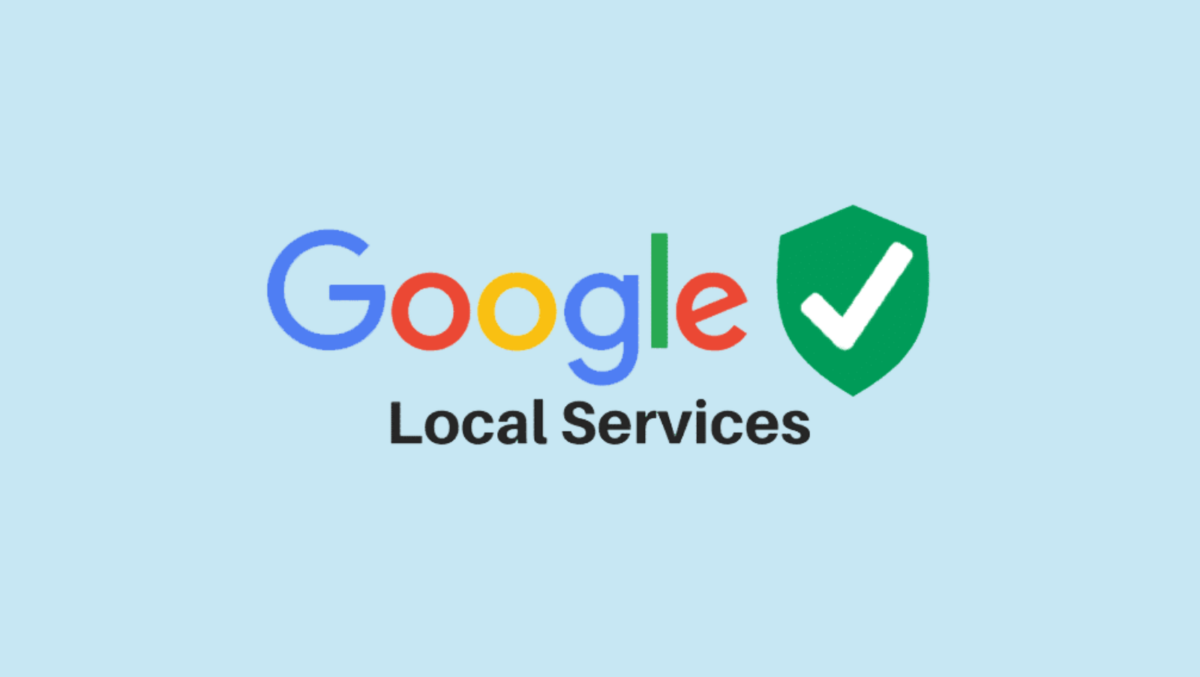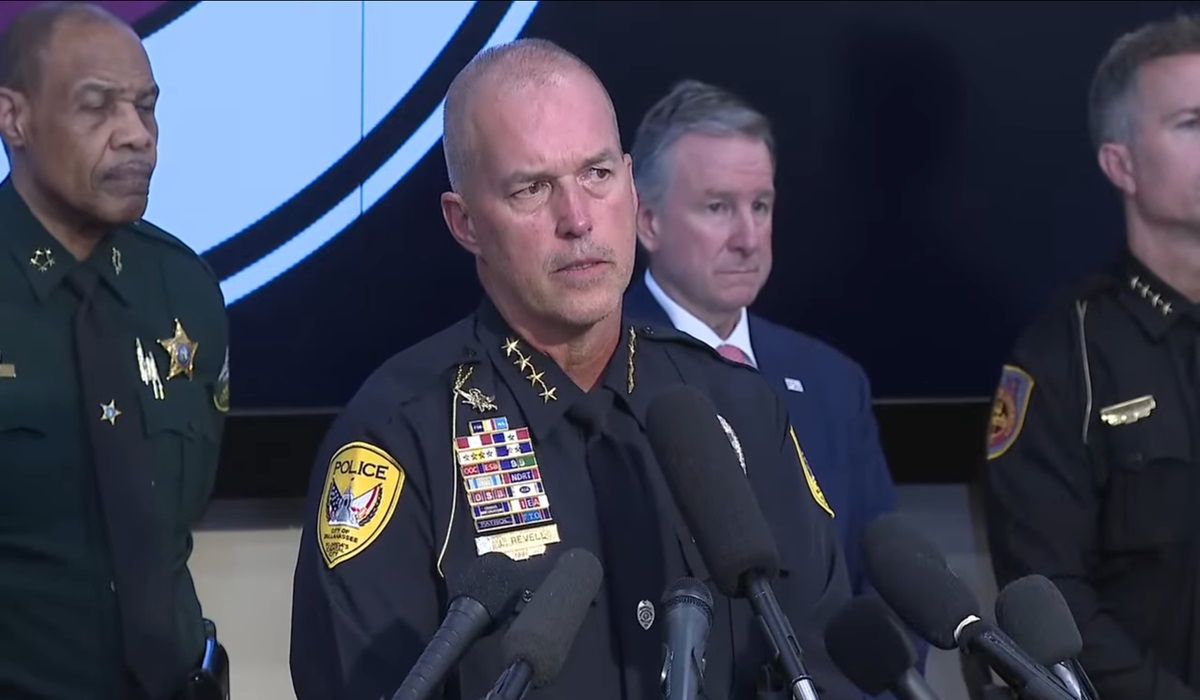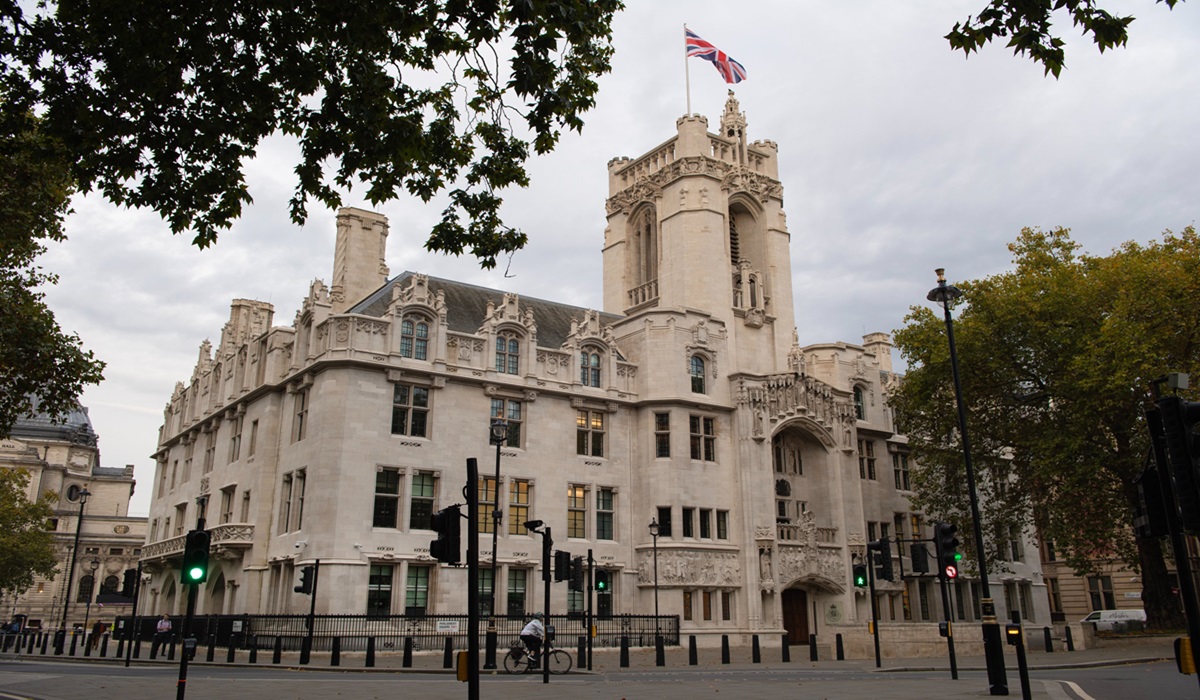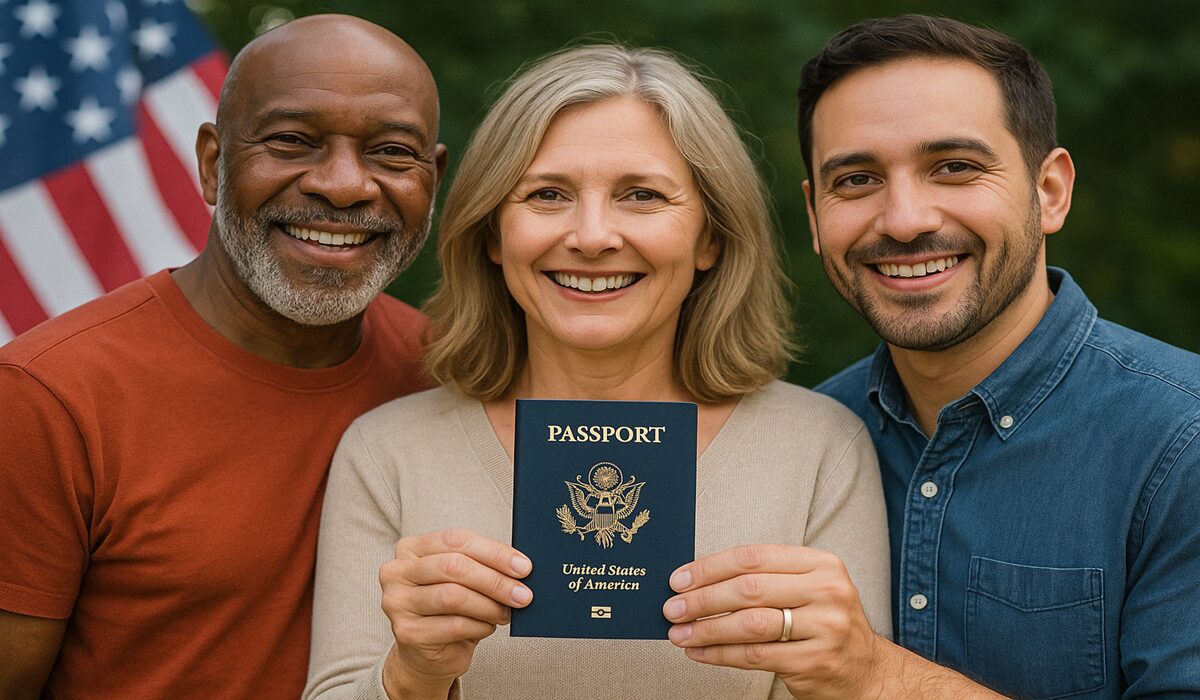Starbucks, the world-renowned coffee company, has been labelled by some as the largest unregulated bank in the world. This title may seem strange for a coffee company, but some startling statistics back it. According to reports, Starbucks has an estimated $3 billion loaded on Starbucks gift cards and its app annually, and around 10 percent of that amount is never used. Additionally, it is reported that 42 percent of Starbucks payments are made with the app pre-loaded with money.
This statistic may seem unbelievable, but it is not entirely surprising when you consider the sheer number of Starbucks stores around the world. With over 35,000 stores in 83 countries, Starbucks has become a household name for coffee lovers everywhere. The company’s app has become an integral part of its business model, with customers able to load money onto the app to pay for their orders. This method of payment is convenient for customers and has allowed Starbucks to collect a large amount of data on their customers’ buying habits. This data can be used to target specific customers with promotions and offers, increasing the likelihood that they will make repeat purchases at Starbucks.
One of the reasons Starbucks is considered the world’s largest unregulated bank is due to the nature of gift cards. Gift cards are essentially prepaid debit cards that customers can use to make purchases at a particular store or restaurant. When a customer purchases a Starbucks gift card, they are essentially giving Starbucks an interest-free loan. The money loaded onto the card remains with Starbucks until the card is used to make a purchase.
The problem with gift cards is that they can often go unused or partially used, leaving a balance on the card. In many cases, customers forget about the balance on the card, and the money remains with the company indefinitely. According to reports, around 10 percent of the money loaded onto Starbucks gift cards is never used, leaving Starbucks with an estimated $300 million in free cash.
This may not seem like a significant amount of money for a company the size of Starbucks, but it is worth considering the impact this has on the company’s financials. Starbucks has no obligation to report unused gift card balances as revenue, as gift cards are considered a liability on their balance sheet. This means that the $300 million in unused gift card balances is not factored into Starbucks’ reported revenue, which is a significant benefit to the company’s financials.
The app also allows Starbucks to bypass traditional payment processing fees charged by credit card companies. When customers use a credit card to pay for their orders, Starbucks is charged a fee by the credit card company. By encouraging customers to use the app to pay for their orders, Starbucks can avoid these fees and keep more of the money spent at their stores.
Another advantage of the app is that it encourages customer loyalty. Customers are rewarded for using the app to make purchases, earning points that can be redeemed for free drinks and other rewards. This creates a sense of loyalty among customers, as they are incentivized to continue using the app and making purchases at Starbucks.
It is worth noting that the title of the world’s largest unregulated bank is not entirely accurate. Starbucks is not actually a bank and does not have the same regulations and oversight that traditional banks have. However, based on the income loaded onto its Starbucks App., if it was a bank, it would rank fifth in the U.S. for cash reserves, behind Paypal, American Express, SunTrust and SVB. The advent of the Starbucks card and mobile app has become an essential part of the company’s financial system, with the company holding more cash in reserve each year.
It is not silly to think that if Starbucks decides to enter the brick and Mortar banking industry, it will instantly become a dominant player and gobble up a huge market share. Until that happens, they will continue to operate as banks by proxy until governments around the globe institute their practice through new forms of regulations.









